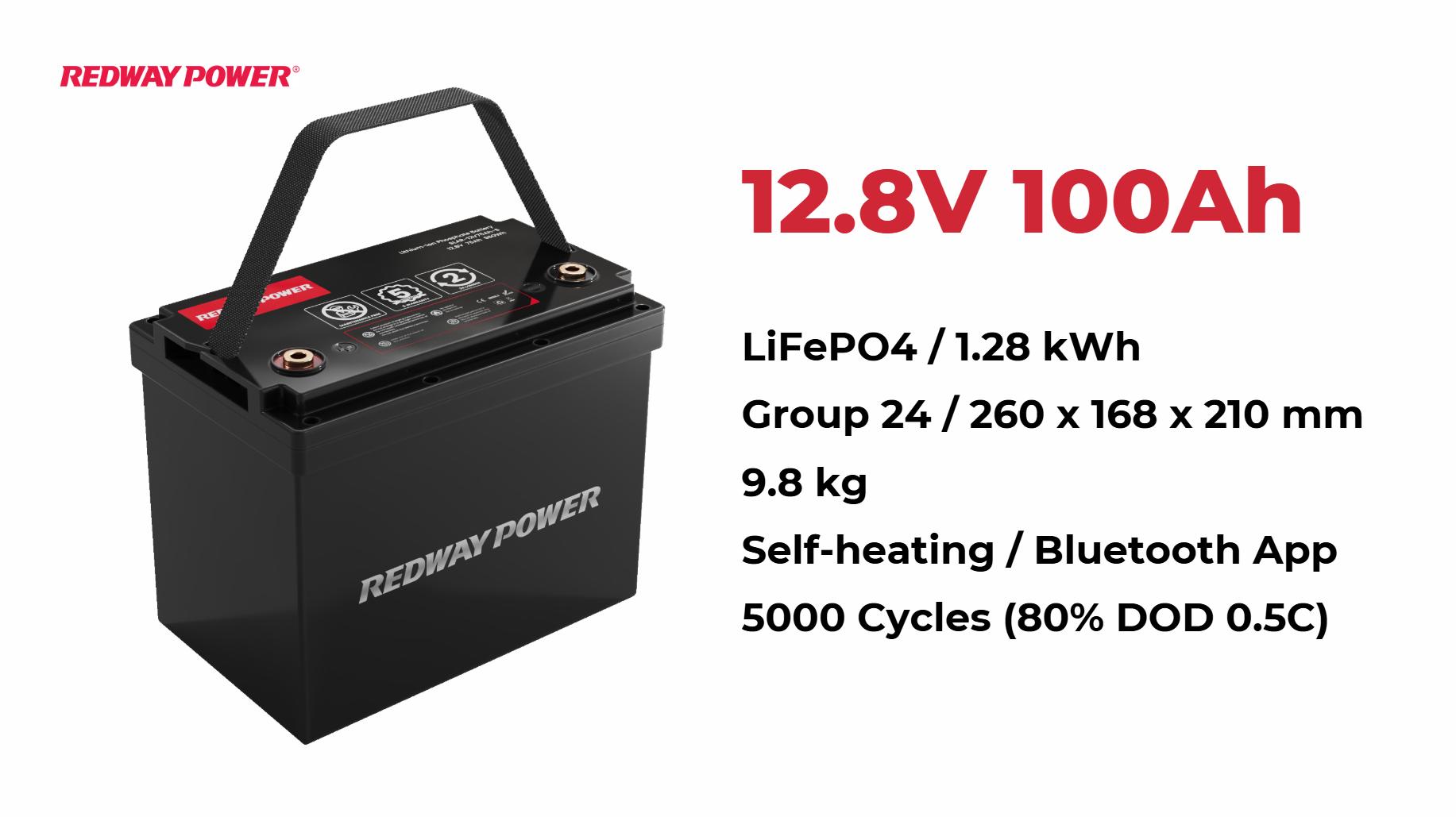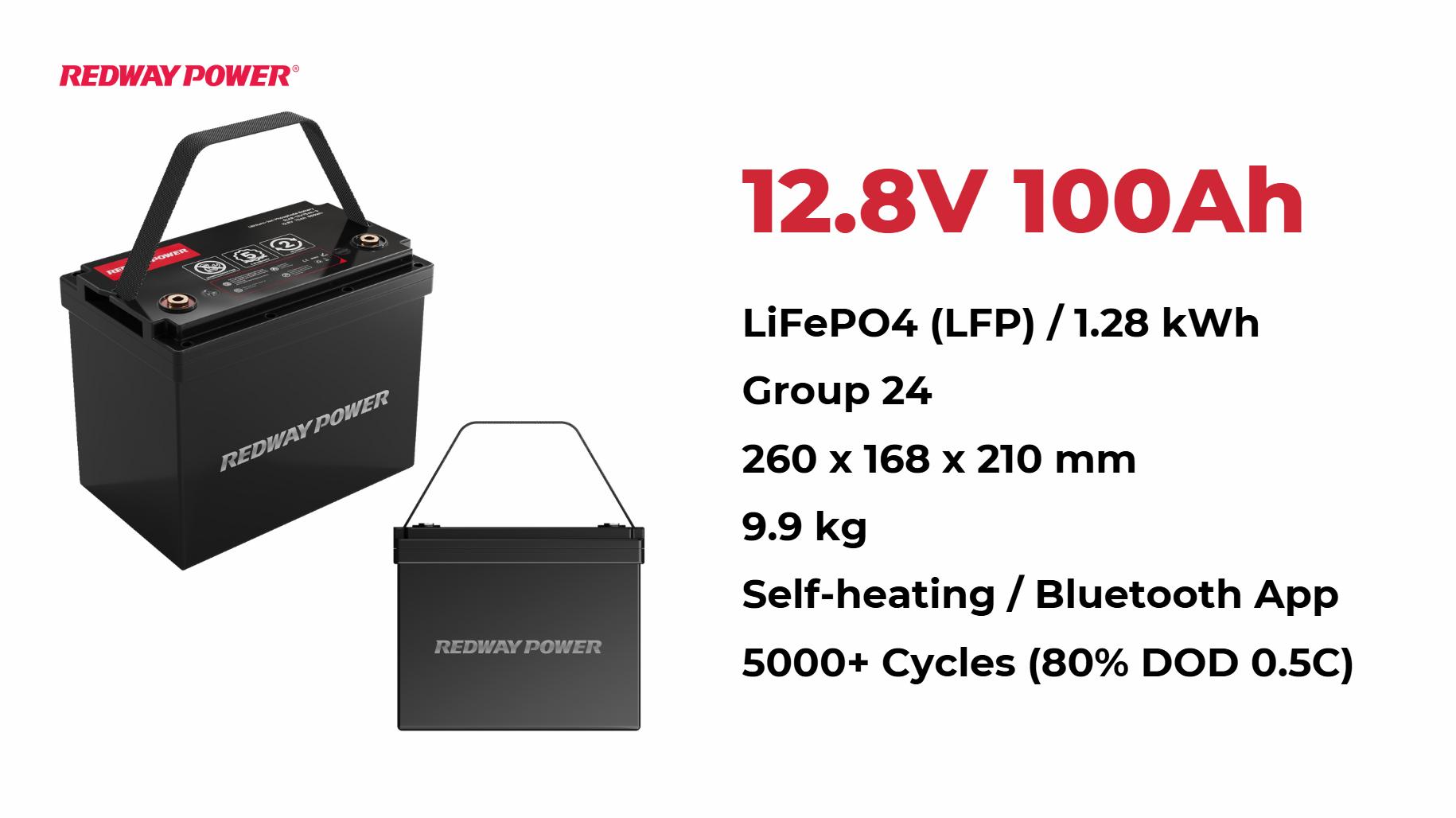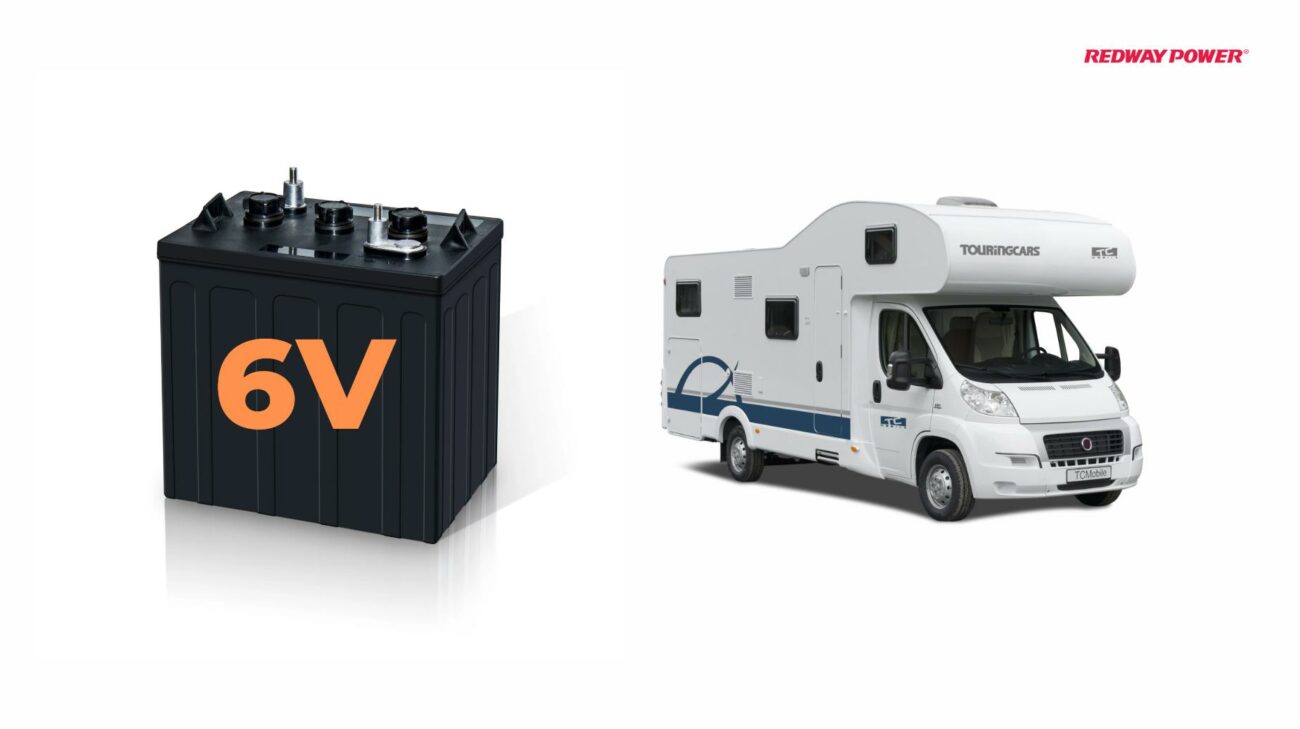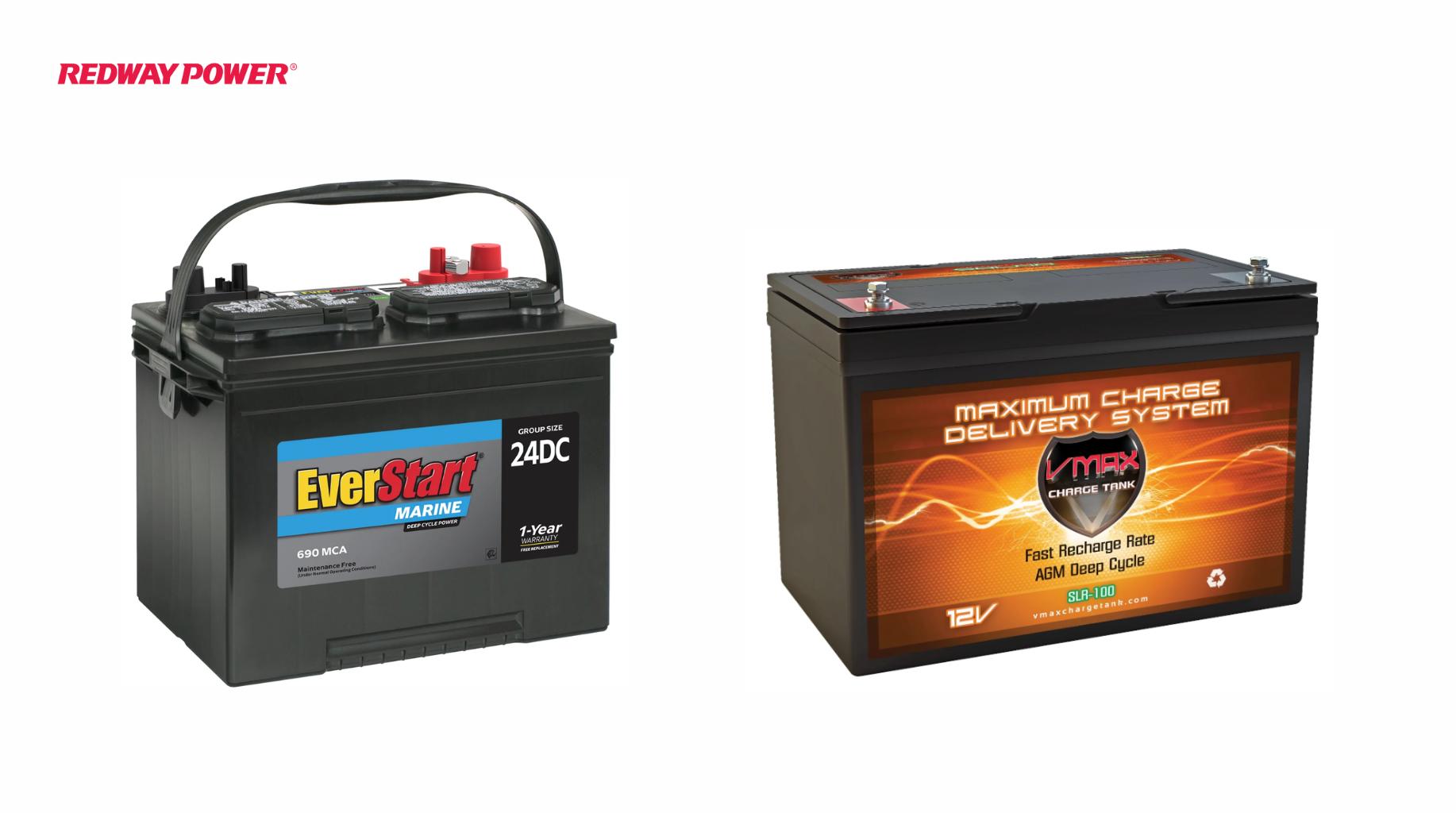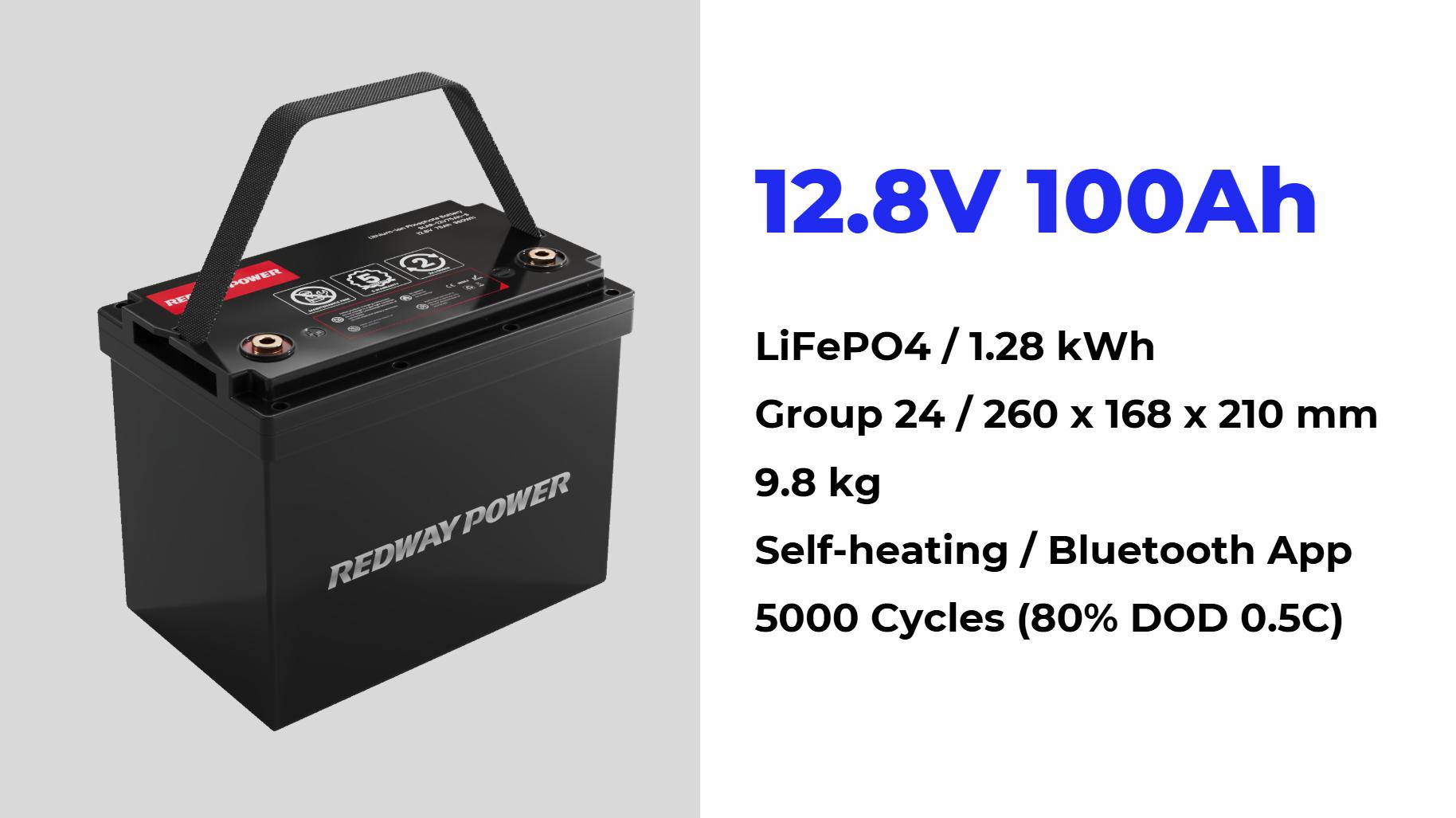
How to Choose the Best Deep Cycle RV Battery for Your Needs
Choosing the best deep cycle RV battery is essential for ensuring reliable power during your travels. The most common types include lithium-ion, AGM (Absorbent Glass Mat), and flooded lead-acid batteries. Each type has unique benefits, making it crucial to select one that fits your specific needs and usage patterns.
What are the different types of deep cycle RV batteries?
The main types of deep cycle RV batteries include flooded lead-acid, absorbed glass mat (AGM), gel batteries, and lithium-ion batteries. Each type offers unique benefits, such as cost-effectiveness in flooded batteries and the longevity and efficiency of lithium-ion options. Deep cycle RV batteries come in several types, each with distinct characteristics:
- Flooded Lead-Acid Batteries: These are the traditional choice, known for their affordability and reliability. They require regular maintenance, including checking electrolyte levels.
- AGM Batteries: Sealed and maintenance-free, AGM batteries offer better performance and durability compared to flooded lead-acid batteries.
- Lithium-Ion Batteries: The latest technology providing high efficiency, long lifespan, and low maintenance. They are lightweight and can be completely discharged without damage.
Chart: Comparison of Deep Cycle Battery Types
| Type | Lifespan | Maintenance | Weight | Cost |
|---|---|---|---|---|
| Flooded Lead-Acid | 4-8 years | High | Heavy | Low |
| AGM | 4-7 years | Minimal | Moderate | Medium |
| Lithium-Ion | 5-10 years | Very Low | Light | High |
How do lithium-ion batteries compare to AGM and flooded lead-acid batteries?
Lithium-ion batteries offer longer lifespans, faster charging times, and deeper discharge capabilities compared to AGM and flooded lead-acid batteries. While lithium models are more expensive upfront, they require less maintenance and provide better performance over time. Lithium-ion batteries have several advantages over AGM and flooded lead-acid batteries:
- Lifespan: Lithium-ion batteries can last up to 5,000 cycles, while AGM typically lasts around 1,000 cycles and flooded lead-acid about 500-800 cycles.
- Weight: Lithium-ion batteries are significantly lighter, improving overall vehicle efficiency.
- Charging Speed: They charge much faster than traditional options, often reaching full capacity in just a few hours.
- Maintenance: Lithium-ion requires virtually no maintenance compared to the regular upkeep needed for flooded lead-acid.
Chart: Lifespan Comparison of Battery Types
| Type | Average Lifespan (Cycles) |
|---|---|
| Flooded Lead-Acid | 500 – 800 |
| AGM | 1,000 |
| Lithium-Ion | Up to 5,000 |
What key features should I consider when selecting an RV battery?
When selecting an RV battery, consider capacity (amp-hours), type (lithium, AGM, or flooded), weight, lifespan, charging speed, and maintenance requirements. Additionally, assess compatibility with your RV’s electrical system to ensure optimal performance. When choosing a deep cycle battery for your RV, consider these features:
- Capacity: Measured in amp-hours (Ah), higher capacity means more stored energy.
- Voltage: Most RVs use either 12V or a combination of 6V batteries wired in series.
- Discharge Rate: Look for a battery that can handle your power needs without significant voltage drop.
- Weight and Size: Ensure it fits your available space while considering weight limits.
Why is battery capacity important for RV usage?
Battery capacity is crucial because it determines how long your appliances can run before needing a recharge. For example:
- A 100Ah battery can theoretically provide 5 amps for 20 hours, or 10 amps for 10 hours before being depleted.
Understanding your power requirements helps you select a battery with sufficient capacity to support your needs during trips.
How can I maintain my deep cycle RV battery for longevity?
To maintain your deep cycle RV battery for longevity, regularly check fluid levels (for flooded types), keep terminals clean, and ensure proper charging practices. Avoid deep discharges whenever possible and store the battery in a cool, dry place when not in use. Proper maintenance extends the life of your deep cycle battery:
- Regular Charging: Recharge after every use or when the battery drops below 50% capacity.
- Water Levels: For flooded lead-acid batteries, check and refill water levels regularly.
- Clean Terminals: Keep terminals clean from corrosion to ensure good connections.
- Temperature Management: Store in a cool, dry place to prevent damage from extreme temperatures.
Industrial News
The market for deep cycle RV batteries is evolving rapidly as new technologies emerge. Lithium-ion batteries are becoming increasingly popular due to their efficiency and reduced maintenance requirements compared to traditional lead-acid options. As manufacturers focus on sustainability and performance improvements, consumers can expect enhanced choices that cater to various needs and budgets.
Expert Views
“Choosing the right deep cycle battery is vital for any RVer,” states an industry expert. “Lithium-ion technology offers remarkable advantages in terms of weight and lifespan, making it an excellent investment for those who frequently travel off-grid.” This perspective emphasizes the importance of evaluating both immediate costs and long-term benefits when selecting a battery type.Frequently Asked Questions
- What is the average lifespan of a deep cycle RV battery?
A: Lifespans vary; flooded lead-acid lasts about 4-8 years, while lithium-ion can last up to 10 years. - Are AGM batteries worth the extra cost?
A: Yes, they offer longer lifespans and require less maintenance compared to flooded lead-acid options. - How often should I charge my deep cycle battery?
A: Recharge after every use or when it drops below 50% capacity. - Can I use different types of batteries together in my RV?
A: It’s not recommended as different types have different charging requirements and discharge characteristics.


